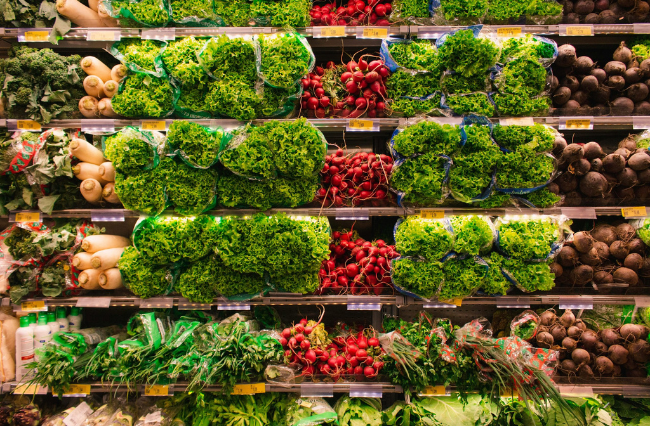
Last year, Facebook introduced the Social Reader application, a frictionless sharing service allowing users to follow, read and share news stories from media organisations such as The Washington Post, The Guardian and The Independent, without ever leaving the Facebook network.
With The PEW Research Centre’s 2012 news media report finding media consumers are increasingly relying on Facebook to direct them to content, the Social Reader provides media outlets with an opportunity to capture a younger, more technologically immersed and savvy audience.
Since its introduction, the Washington Post’s version of the Social Reader has attracted more than 3.5 million active users, 83% of whom are under 35 years old.
There is no doubt that Facebook is a powerful tool for sharing content: finding an interesting article, sharing it with your social network and participating in a discussion with your online friends can be an active and engaging experience.
However, the Social Reader has been criticised for indiscriminately sharing a user’s entire browsing history within the application with their social network.
Inevitably, the question is raised: are we sharing too much with too many? When does our social networking cross the line from sharing to spamming and where do we draw the line about what is appropriate to share with our online friend networks?
After all, do you really want all 462 of your Facebook friends to know that you’re currently reading, ‘The sexual bucket list: 50 erotic ‘must dos’ before you die?’ (Who knows, maybe you do, I won’t judge.)
Yet, as Paul Barter of The Huffington Post notes, ‘It is one thing to tell a friend you read or saw something cool, but it is quite another thing to open up your personal diary detailing what you did and what you thought today to all your Facebook friends.’
In 2011, The Pew Research Centre wrote that, ‘if searching for news was the most important development of the last decade, sharing news may be among the most important of the next.’
It is therefore important that as media consumers, we remember the importance of maintaining control over what we share with our social networks. Where once we were the curators of content on our Facebook profiles, frictionless sharing applications like the Social Reader make news consumption and sharing a transparent, passive and public affair.
We must also question the motivations behind such content sharing applications, do they exist to foster an environment of shared content and compelling discourse, or rather, to generate traffic and page views for publishers?
When sharing content we may need to ask ourselves, are we actively choosing to participate in a discourse; contributing to a discussion, and informing ourselves and our online friends about our world, or are we being manipulated by publishers; sacrificing our privacy and control, as they drive us towards their websites in their bid to generate advertising revenue?
 Alyce Hogg is studying a Bachelor of Journalism with Honours. You can follow her on Twitter, @alycehogg.
Alyce Hogg is studying a Bachelor of Journalism with Honours. You can follow her on Twitter, @alycehogg.








